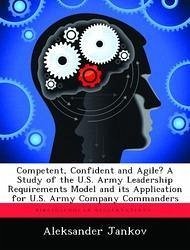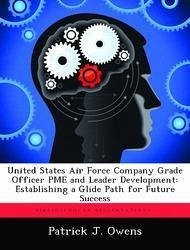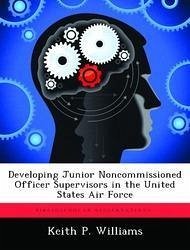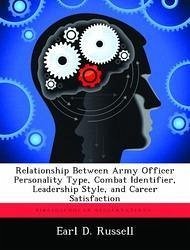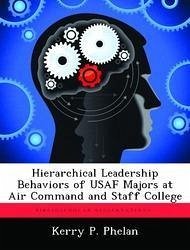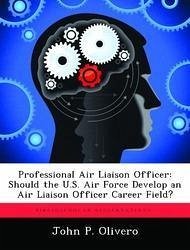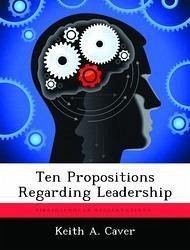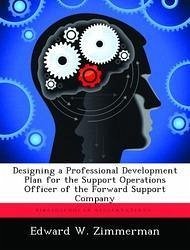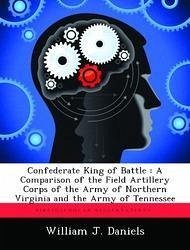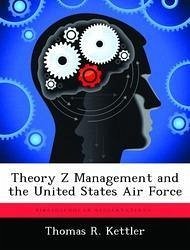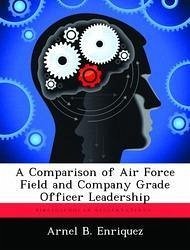
A Comparison of Air Force Field and Company Grade Officer Leadership
Versandkostenfrei!
Versandfertig in über 4 Wochen
52,99 €
inkl. MwSt.
Weitere Ausgaben:

PAYBACK Punkte
26 °P sammeln!
Although leadership development is important, the Air Force does not appear to have a comprehensive, empirical model for leadership development. For several years the US Army has had a service-specific leadership model (DAP 600-80), derived from empirical studies on hierarchical leadership (Harris, 1994), indicating that empirical development of a similar model for the USAF should be feasible. The purpose of this study was to determine differences in importance of leadership behaviors between AF company grade officers (CGOs), majors (O-4s), and lieutenant colonels (O-5s), thereby contributing ...
Although leadership development is important, the Air Force does not appear to have a comprehensive, empirical model for leadership development. For several years the US Army has had a service-specific leadership model (DAP 600-80), derived from empirical studies on hierarchical leadership (Harris, 1994), indicating that empirical development of a similar model for the USAF should be feasible. The purpose of this study was to determine differences in importance of leadership behaviors between AF company grade officers (CGOs), majors (O-4s), and lieutenant colonels (O-5s), thereby contributing to the establishment of an empirical leadership development model for USAF officers. The Managerial Practices Survey (Yukl, 1990) was administered to over 1000 officers at the USAF Air University. Analysis indicated the survey's eleven leadership behaviors are relevant to all officers, but become even more important as officers rise in rank. It also supported that the USAF can be divided into "domains"-levels containing several ranks having only minor differences in leadership requirements-and that CGOs, O-4s, and O-5s are in the same domain. In addition, domains appeared to be further divided into "strata": sub-levels containing ranks with the same leadership requirements. O-4s and O-5s seemed to belong to the same strata and CGOs to another. Based on these findings, recommendations were made to ensure the leadership curricula at the USAF officer Professional Military Education schools are formed around this core of leadership behaviors, with increasing emphasis on the behaviors that become more important to officers as they rise through the ranks.



